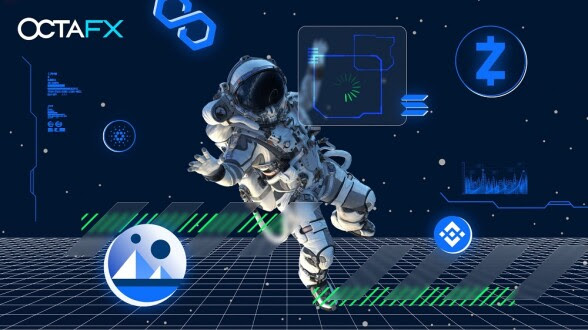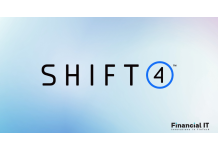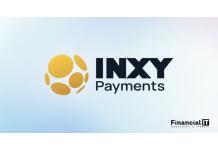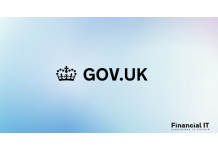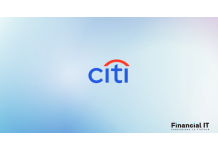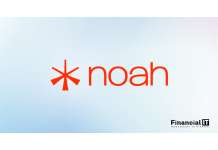Bitso Earns CCSS 2025 Certification, the Highest...
- 14.01.2026 03:30 pm
BVNK To Deliver Stablecoin Infrastructure for Visa...
- 14.01.2026 09:35 am
Bitget Sees Institutional Spot Trading Share More Than...
- 13.01.2026 12:05 pm
SBI Ripple Asia Partners with Doppler Finance for XRP...
- 23.12.2025 10:55 am
Bitget Wallet And Alchemy Pay Launch Zero-Fee USDC on-...
- 23.12.2025 09:55 am
Shift4 Launches Global Stablecoin Settlement Platform...
- 23.12.2025 07:05 am
INXY Payments Reveals Growth of Stablecoin Adoption...
- 19.12.2025 01:55 pm
Intuit And Circle Partner To Unlock the Future of...
- 19.12.2025 10:05 am
New Crypto Rules to Unlock Growth and Protect Customers
- 16.12.2025 12:45 pm
PAObank Partners With Citi To Bring New Currency...
- 09.12.2025 08:40 am
New Report From Currency.com Reveals How October Crash...
- 09.12.2025 08:35 am
Noah Brings First-Ever Virtual Bank Accounts And...
- 08.12.2025 11:25 am

